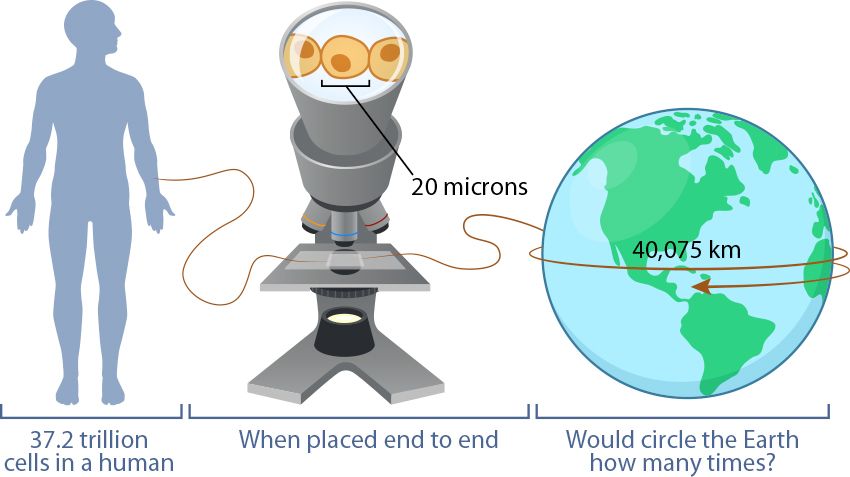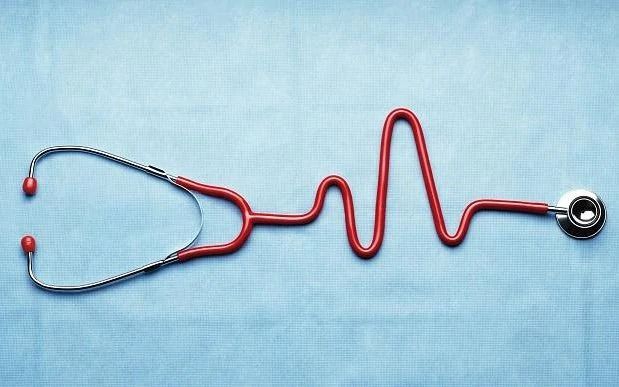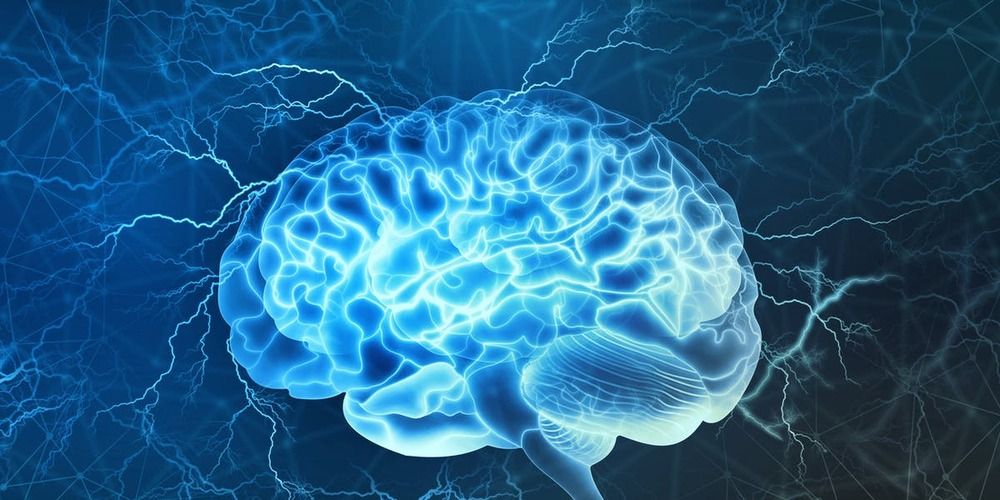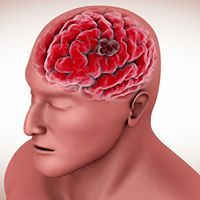All living beings are made up of cells. Some of them are made up of only one cell and others have many cells. The average adult human body has around 37.2 trillion cells. WOW, that’s a lot of cells. So many, in fact, that it’s hard to picture. But let’s try to imagine it: If we lined up all the cells in a human body end to end, could the line reach around the Earth? If so, how many times?
Page 8535
Nov 13, 2019
Why every inch above 5ft 7ins places greater strain on the heart
Posted by Genevieve Klien in category: biotech/medical
Heart problems are more likely for people taller than 5ft 7 inches, a new study suggests, with the risk increasing with every inch.
Scientists in the US found that height is linked to an increased chance of developing atrial fibrillation, an irregular and often rapid heartbeat that can lead to stroke and heart failure.
Researchers studied more than 600,000 people involved in the Penn Medicine Biobank, of whom 65,446 (12.5 per cent) had atrial fibrillation.
Nov 13, 2019
Elon Musk says Neuralink could bring A.I. ‘superintelligence’ to the brain
Posted by Shane Hinshaw in categories: biotech/medical, Elon Musk, existential risks, robotics/AI, singularity
Beyond cortical and limbic systems, the company Neuralink could add a third layer of digital superintelligence to humans and avoid artificial intelligence enslavement, its founder Elon Musk claimed Tuesday. The brain-computer linkup firm is working to treat medical conditions using its implanted chip as early as next year, but during a podcast appearance, Musk reiterated his belief that the technology could avoid some of the worst consequences of advanced machines.
https://www.youtube.com/watch?v=smK9dgdTl40
“It’s important that Neuralink solves this problem sooner rather than later, because the point at which we have digital superintelligence, that’s when we pass the singularity and things become just very uncertain,” Musk said during an interview with MIT professor Lex Fridman.
Continue reading “Elon Musk says Neuralink could bring A.I. ‘superintelligence’ to the brain” »
An international team based in Austria has unearthed a previously unknown type of virus in samples of human bodily fluids. The researchers were looking for viruses that infect bacteria, known as bacteriophages, with an emphasis on those that attack the Escherichia coli (E. coli) bacterium found in the human gut. The team identified a total of 43 bacteriophages in samples of human bodily fluids, particularly in blood samples. The discovery of such phages in the human body is especially significant because they can pass antibiotic resistance genes on to bacteria. Consequently, information about the prevalence and frequency of phages in humans, as well as the relationships between them, is urgently needed. The findings of a team from Karl Landsteiner University of Health Sciences under the lead of University of Veterinary Medicine Vienna, which have now been published in an international journal, will make a major contribution in this regard.
The human body is teeming with countless fungi, bacteria and viruses. Bacteriophages are one of the great unknowns in this human ecosystem. Interest in them has grown rapidly in light of research carried out in Austria, which highlighted the prevalence of antibiotic resistance genes in bacteria. A team of researchers from Karl Landsteiner University of Health Sciences (KL Krems), the University of Veterinary Medicine Vienna and the University of Lisbon has now isolated 43 bacteriophages from samples of human bodily fluids, including one which is thought to be a previously unknown type.
“We examined 111 samples of blood, urine and other human body fluids to see if they contained phages. And we found them in almost one in seven samples,” explained Dr. Cátia Pacífico, scientist at KL Krems and lead author of the study. “We also found a new kind of phage from the Tunavirinae subfamily. The presence of phages in so many samples and the discovery of a new form show just how little we know about phages in the human body.”
Nov 13, 2019
New spin directions in pyrite an encouraging sign for future spintronics
Posted by Quinn Sena in categories: materials, particle physics
A Monash University study revealing new spin textures in pyrite could unlock these materials’ potential in future spintronics devices.
The study of pyrite-type materials provides new insights and opportunities for selective spin control in topological spintronics devices.
Nov 13, 2019
Modern apes smarter than pre-humans
Posted by Quinn Sena in categories: biotech/medical, neuroscience
New research from the University of Adelaide suggests living great apes are smarter than our pre-human ancestor Australopithecus, a group that included the famous “Lucy.”
The study, conducted in partnership with the Evolutionary Studies Institute of the University of the Witwatersrand and published today in the Proceedings of the Royal Society B, challenges the long-held idea that, because the brain of Australopithecus was larger than that of many modern apes, it was smarter.
The new research measured the rate of blood flow to the cognitive part of the brain, based on the size of the holes in the skull that passed the supply arteries. This technique was calibrated in humans and other mammals and applied to 96 great ape skulls and 11 Australopithecus fossil skulls.
Nov 13, 2019
New nanoparticles can deliver drugs to brain tumors
Posted by Paul Battista in categories: biotech/medical, nanotechnology, neuroscience
Nov 13, 2019
Should Free Internet Be a Basic Human Right? There’s a Strong Case For It
Posted by Shane Hinshaw in categories: ethics, internet, open access
You might take it for granted that you can load up Twitter or browse through Reddit whenever you like, but around half of the 7.7 billion people living on the planet right now aren’t yet able to get online.
And that’s a big problem, according to one researcher. Merten Reglitz, a philosopher and global ethics lecturer from the University of Birmingham in the UK says internet access should be established as a basic human right that everyone is entitled to.
“Internet access is a unique and non-substitutable way for realising fundamental human rights such as free speech and assembly,” he writes in a new paper.
Nov 13, 2019
This futuristic grocery store uses AI to notify employees when items run out
Posted by Shane Hinshaw in categories: futurism, robotics/AI
Walmart has transformed an ordinary grocery store into a 50,000-square-foot AI lab that tests new retail technologies in a real-world setting. The Intelligent Retail Lab is located in Levittown, New York, and is equipped with AI-powered sensors that keep track of the inventory and the freshness of the produce.

















